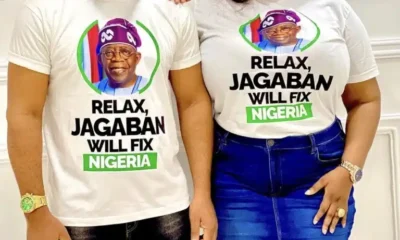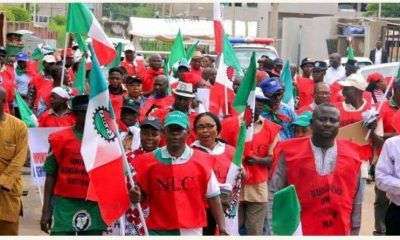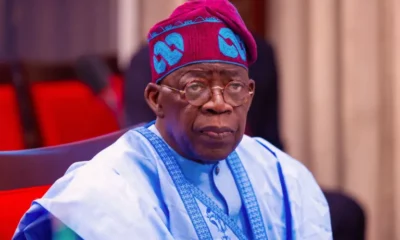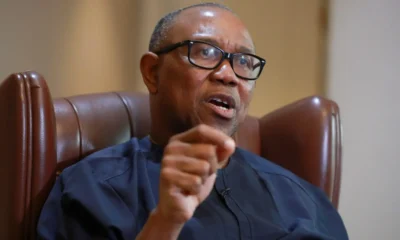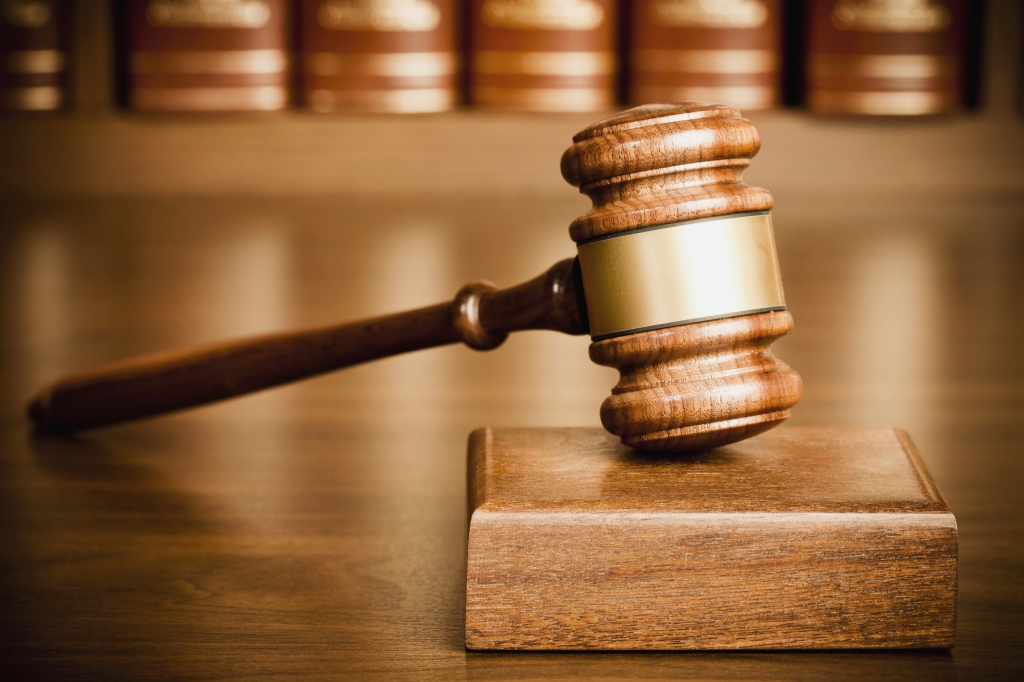Business
Experts Caution As Dollar Crosses N1,000 In Parallel Market
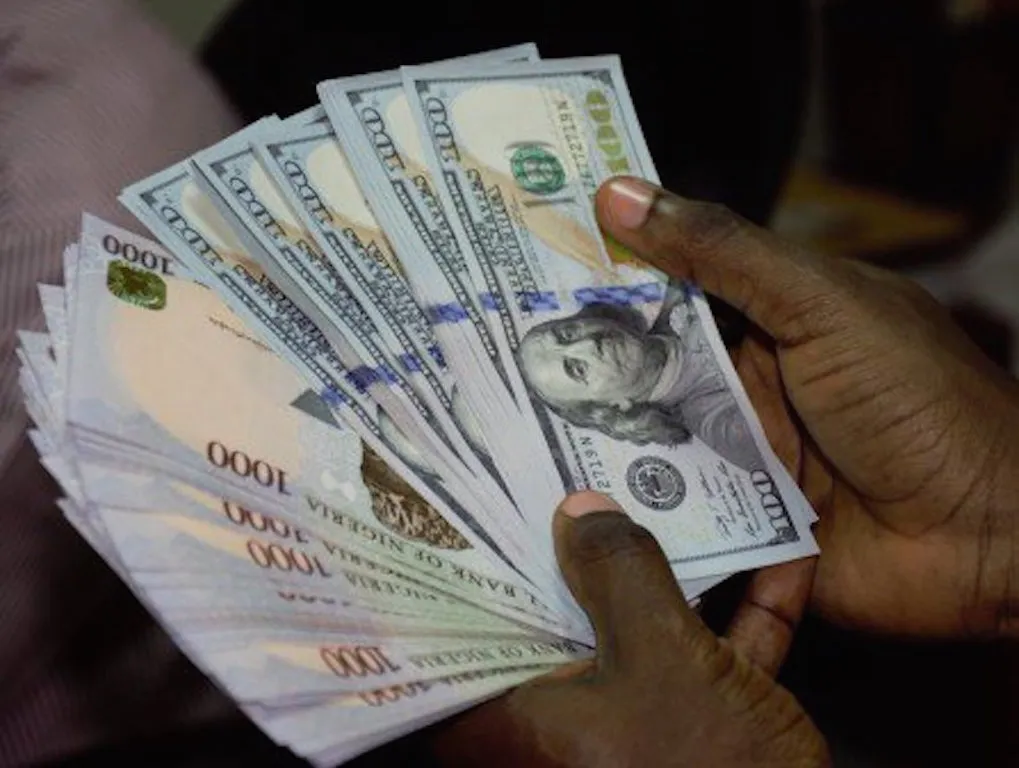
The crisis over the fate of the naira in the foreign exchange market worsened on Thursday as a dollar exchanged for over N1,000 at the parallel market, drawing strong caution from experts.
Survey at popular black markets in Lagos indicated that a dollar exchanged for between N1,000 and N1,050 in the early hours of Thursday, before settling for N990 in the evening, indicating a difference of N252 from the Investors & Exporters FX window, where the naira closed at N738.
The gap between the official and parallel market has steadily widened, since the Central Bank of Nigeria (CBN) announced unification of all segments of the foreign exchange markets in June.
However, despite the unification policy, the parallel market has continued to witness patronage due to the scarcity of the greenback at the official market, according to operators.
“There is scarcity at the market,” said Ismail Muhammed, one of the operators at Allen Roundabout.
“We are now buying dollars for N990 but earlier in the day, it was sold for N1, 000. Some people exchanged it for N1, 050,” he said.
Another operator, Alhaji Abdullahi Olugbede, said that the surge was caused by the scarcity as most licensed Bureau De Change Operators do not have dollars to trade with.
“When there is scarcity, the dollar will go up against the naira but we are not happy. We should pray that it will come down because this is not good,” he said.
Implications are negative — Experts
Experts have warned that the implications of the depreciation of the naira in the black market are negative as it will adversely affect the economy.
Professor of Accounting and Financial Development at Lead City University, Ibadan, Godwin Oyedokun, said it will make it difficult to do business in Nigeria because of the relevance of exchange rate in the economy.
“I am not currently in the country. Let me cite an example, I wanted to buy a can of coke today in Jordan. I could buy the same can of coke for $2 that is almost N2, 000 if a dollar exchanges for N990 in Nigeria as you said. This is just because the strength of our currency is very weak.
“The implication is that goods that Nigerians should get from abroad, let’s say if dollar to naira is 1/1, Nigerians will now spend as high as 990 minus 1; that is, goods worth N300,000 will now be worth times 990 of it. So, it makes it so difficult to do business. Every sector of the economy will adjust to this and will make the price of commodities become costly,” he said.
The tax and forensic expert, however, said, the pressure on the naira will reduce if the government implements the right policies and also boost local production so that Nigeria can also earn more foreign exchange.
“The only way to address this is to have the right policies in place which the current government is doing and have things that we can also export to earn foreign exchange. The finance minister and the new CBN governor will need to think about how the fiscal and monetary policies can work together effectively so that we can have a country of our own. It will interest you that Jordan’s currency, Jordanian Dinar, is higher than the dollar, it is about $1.41. If we get the policies right, the pressure on the naira will reduce,” he said.
Economist and former Director General of the Lagos Chamber of Commerce and Industry (LCCI), Dr Muda Yusuf, said that among others, it will have an effect on inflation as the economy is very sensitive to exchange rate movement.
“The implications are very negative to put it mildly because it shows there are some fundamental challenges that we still need to deal with that are driving the exchange rate. We need to further interrogate how deep the parallel market is and what percentage of economic activities are being funded by the parallel market.
“We need that research, we need that data because each time we talk about the exchange rate, people don’t even talk about the official rate anymore, we just talk about the parallel market,” he said.
Citing the likely effects on the different sectors of the economy, he said, “Diesel price has gone up, gas price is likely to go up. The PMS is under pressure and should have gone up if not for the fact that the president said that NNPC should hold on, otherwise petrol price should have jumped to over N800 by now.”
Source: Daily Trust
Send Us A Press Statement Advertise With Us Contact Us
And For More Nigerian News Visit GWG.NG



